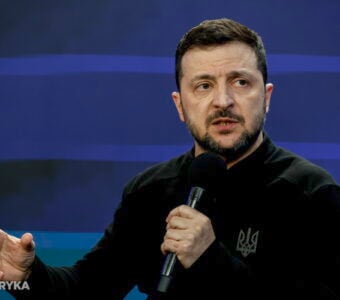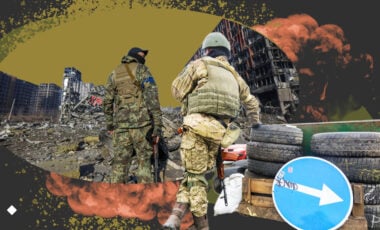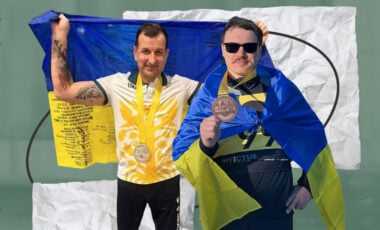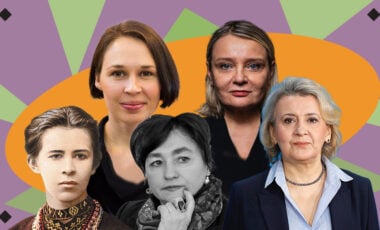We’re talking months, not years: special envoy Kellogg on Ukraine-Russia peace talks
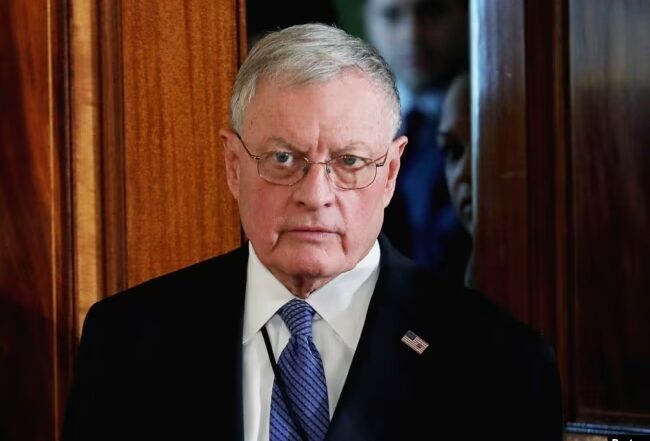
Photo: Reuters
Keith Kellogg, the US special envoy for Ukraine appointed by President Donald Trump, believes that peace talks will begin in a matter of months rather than years.
Speaking on Fox News, Kellogg stated, "I would like to say it's months, not years. I would like to think that we could have something in the short term."
He expressed confidence in Trump, describing him as a "good deal maker" and asserting that the US has a "good and solid plan" to initiate negotiations.
When asked about further sanctions on Russia and continued arms supplies to Ukraine, Kellogg said the decision ultimately rests with Trump.
"Most people should be confident that he knows exactly what he is doing. He knows where to put pressure. He will create leverage for both Ukrainians and Russians," he emphasized.
The US special envoy for Ukraine, previously stated that he aims to find a solution to the war within 100 days of the presidential inauguration on January 20.
"The President (Trump) does one great thing—he talks to both adversaries and allies. He knows it's not easy, but he understands that dialogue is necessary to achieve results, and that is exactly what he will do," Kellogg emphasized.
He also stressed that ending Russia's war against Ukraine is crucial for US national security and aligns with American interests.
Recently, Kellogg suggested that a drop in oil prices to $45 per barrel could push Russia to the negotiating table. However, he cautioned that supporting Ukraine on the battlefield alone would not be enough to force Russia to end the war. Instead, he argued that stricter sanctions on Russia's oil industry could serve as an additional pressure tactic.
Russia-Ukraine negotiations
Experts from the Institute for the Study of War (ISW) report that Russian leader Vladimir Putin continues to show no real interest in a negotiated ceasefire and remains committed to dismantling Ukrainian statehood.
Despite this, Putin and his representatives repeatedly claim that Russia is open to negotiations, blaming Kyiv for their absence. In reality, Putin's demands include Ukraine abandoning its NATO ambitions and recognizing the Donetsk, Luhansk, Zaporizhia, and Kherson regions, as well as Crimea, as Russian territory.
On January 29, Putin stated that he was willing to "allocate people" for negotiations but simultaneously called the talks "illegitimate." In response, Ukrainian President Volodymyr Zelensky said Putin's remarks only confirmed his fear of genuine negotiations. Zelensky accused Russia of prolonging the war, either to sustain its full-scale invasion or to gain time to prepare for new aggression, rather than seeking real peace.
The ISW further notes that Moscow appears to be maneuvering to pressure US leader Donald Trump into accepting Putin's demands while attempting to position itself as an equal player on the global stage.






